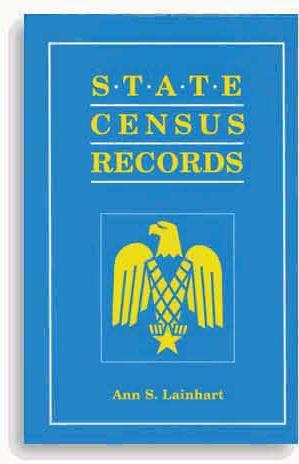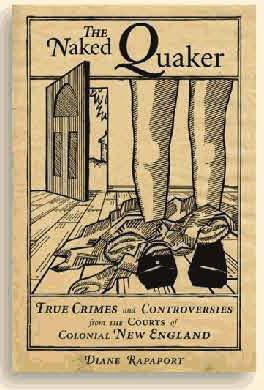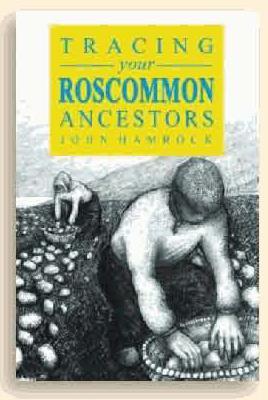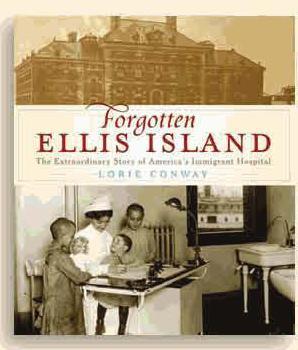Sign up for the Family Tree Newsletter Plus, you’ll receive our 10 Essential Genealogy Research Forms PDF as a special thank you!
Get Your Free Genealogy Forms
"*" indicates required fields
Required Reading: Classic resources you shouldn’t research without.
Censuses are a staple of genealogical research. But researchers sometimes overlook state enumerations, a rich resource of data taken randomly and often in the 10 years between federal censuses. These head counts might ask different questions from their federal counterparts. The 1925 Iowa state census, for example, asked for parents’ names — including the mother’s maiden name — and their place of marriage. So how do you get these gems? State Census Records by Ann S. Lainhart (Genealogical Publishing Co.) is an indispensable guide, listing available censuses by state, then year The book’s only draw-back: It hasn’t been updated with details of online records and indexes. To find out what’s available on the Web, type the year, state name and the word census into a search engine.
Hot Off the Press: New books to heat up your family history search.
1 Historian and former trial lawyer Diane Rapaport offers tantalizing tales of pre-Revolutionary America in The Naked Quaker: True Crimes and Controversies from the Courts of Colonial New England (Commonwealth Editions). Among the 25 stories is that of a Quaker woman who dropped her dress in front of a gathering to protest actions of the Colonial authorities — hence the title.
2 The seventh in a series of Irish county research guides, Tracing Your Roscommon Ancestors by John Hamrock (Flyleaf Press, from <www.flyleaf.ie>) covers one source per chapter, including where to find the records in Ireland. (First check the Family History Library catalog <www.familysearch.org> to see if those records are available on microfilm here.) Other counties in the series: Limerick, Cork, Donegal, Dublin, Kerry and Mayo.
3 In Lorie Conway’s Forgotten Ellis Island: The Extraordinary Story of America’s Immigrant Hospital (HarperCollins), you’ll learn the story of the world’s largest public hospital during the early 20th century. The history is laced with sometimes-heartbreaking personal accounts of the immigrants who became patients upon arriving in America.
Pros‘ Picks: Genealogy gurus share their reading recommendations.
A Lost American Dream: Civil War Letters (1862/63) of Immigrant Heinrich Brandes in Historical Context by Antonius Holtmann, translated by Eberhard Reichmann (Max Kade German-American Center; from the Indiana Historical Bureau, 317-232-2535)
• Recommended by: Clara H. Harsh, book review editor of The Palatine Immigrant and 35-year genealogist
• Book summary: A Lost American Dream is the life of a German man, his immigration to America and the US Civil War. After settling in Indiana in the mid-1800s, Brandes enters the Army as a substitute for a draftee. His letters home relate his experiences, and the history of the events he mentions is printed in a column beside the letters. The compiler is a German professor at the University of Oldenburg.
• Likes and dislikes: I found the side-by-side juxtaposition of the letters alongside the factual events fascinating. I only wished the soldier’s letters covered a longer period of time.
• Behind the scenes: The book was sent to the Palatines to America <www.palam.org> for review, which is how I learned about it.
• Lasting impressions: This book inspired me to read more about German immigrants’ role in the Civil War. I was surprised to learn in some places, German troops were scorned and ridiculed. But German immigrants were especially inclined to volunteer; for they thought the Civil War mirrored the ideals they embraced in their own failed revolution.
• Best bonus: There’s an excellent description of a family farm in early 19th-century Germany.
From the May 2008 issue of Family Tree Magazine.
ADVERTISEMENT





